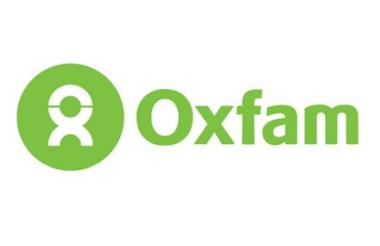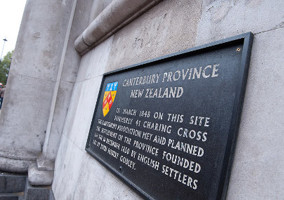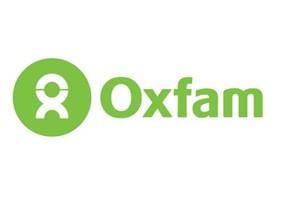Oxfam’s first global safeguarding officer has said the part-time role he was given in 2011 was inadequate to deal with the issues at hand and that he faced “tokenism and marginalisation”, in written evidence to the MPs’ inquiry into sexual exploitation.
Bill Anderson, who held the role of global safeguarding officer at Oxfam for seven months in 2011 before being sacked, has submitted four pages of written evidence to the International Development’s Committee on sexual exploitation in the aid sector.
The role was part-time – 18 hours a week – and Anderson said: “It rapidly became apparent that a half-time post was totally inadequate to even begin to tackle the safeguarding issues facing Oxfam.”
He added that he felt his appointment was made to tick a box and that his attempt to meet the leadership were “rebuffed”.
“The tokenism and marginalisation of my post was further reinforced by it being loosely attached to the audit team, which clearly had no idea what I was doing there and was unable to provide any significant administrative support,” he added.
Recommendations ‘met with defensiveness’
Anderson carried out two safeguarding investigations during his time at the charity and said that when he submitted reports he was “met with defensiveness” and asked to “tone down some aspects”.
He said that one manager reacted in a “combative manner”.
“I had included in my report both findings and recommendations and her, firm, view was that it was not for me to be even implicitly critical of Oxfam as an organisation, and for that reason I had no right to make any recommendations and they must be deleted,” he said.
Concerned about its own reputation
Anderson accused the charity of being more concerned about its own reputation than about people.
He said “safeguarding was only valued in the abstract and was about ticking boxes rather than seriously looking at the dynamics that foster abuse”.
“Most risk conversations in Oxfam were about reputational risk and how to protect the Oxfam brand,” he added.
‘Institutional blindness’
He suggested that Oxfam had a “paradoxical approach to risk” with long and complex processes which “create an illusion of safety but too often merely promote tick-box mentalities”.
Staff actually had “minimal awareness of the safeguarding dangers that faced Oxfam”, and the “belief was that that sort of thing was unlikely to happen in such a moral, professional organisation”. This led to “institutional blindness”.
“In my time with Oxfam I never discerned any understanding of how vulnerable the organisation was to having its programs infiltrated by those who seek to do harm rather than good,” he said.
Kafkaesque experience
“My seven months as global safeguarding coordinator for Oxfam could best be described as Kafkaesque,” he said.
He was not involved in investigating the conduct of Oxfam staff in Haiti, though he “tried to be”.
On one of his last visits to the office he discovered his line manager had gone to Haiti and that his own involvement in the trip was no longer required.
“People who had previously been affable seemed to avoid me. I was not so much in Coventry, more in Limbo,” he said and that people avoided his questions.
He said he sacked by the new head of audit after seven months: “He gave me no reason except to say that ‘people’ felt it wasn’t working out with me.”
Anderson said he discovered after he left that during his time at Oxfam, his line manager Eddie Mckenzie-Green was being investigated by the charity and left with a £29,000 “golden goodbye handshake”.
In 2014 Mckenzie-Green was later jailed for defrauding Oxfam of over £60,000 while investigating the misconduct of aid workers in Haiti.
Anderson questioned why the role of global safeguarding co-ordinator was placed under McKenzie-Green, saying: “Such a line management arrangement hardly suggests an organisation committed to the success of the new role.”
Oxfam has tripled its safeguarding budget
Since 2011, Oxfam has increased the number of safeguarding staff employed and has publicly committed to doing more in the wake of recent revelations.
In its written evidence to the committee, it said it had tripled its safeguarding budget to £720,000 and that the Oxfam GB safeguarding team consists of nine full-time equivalent posts.
|
Related articles











